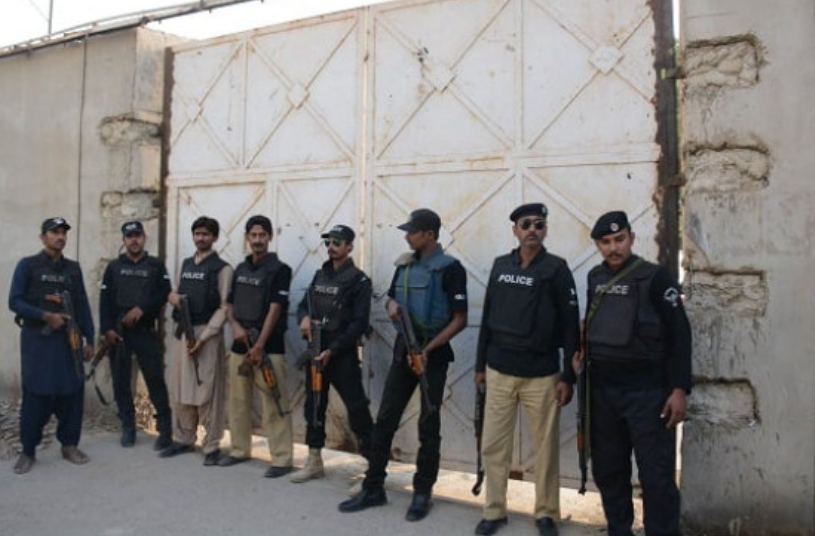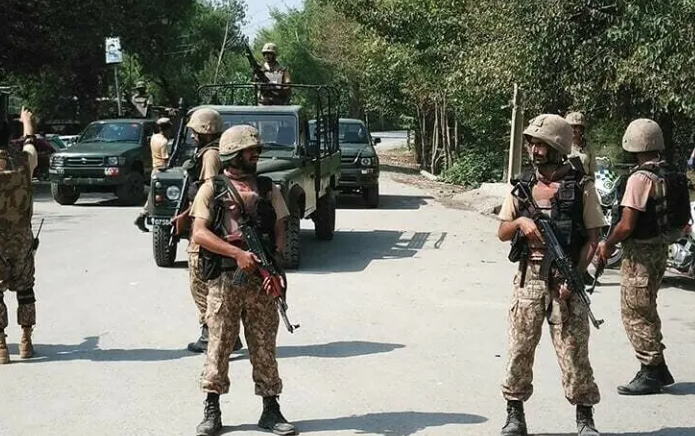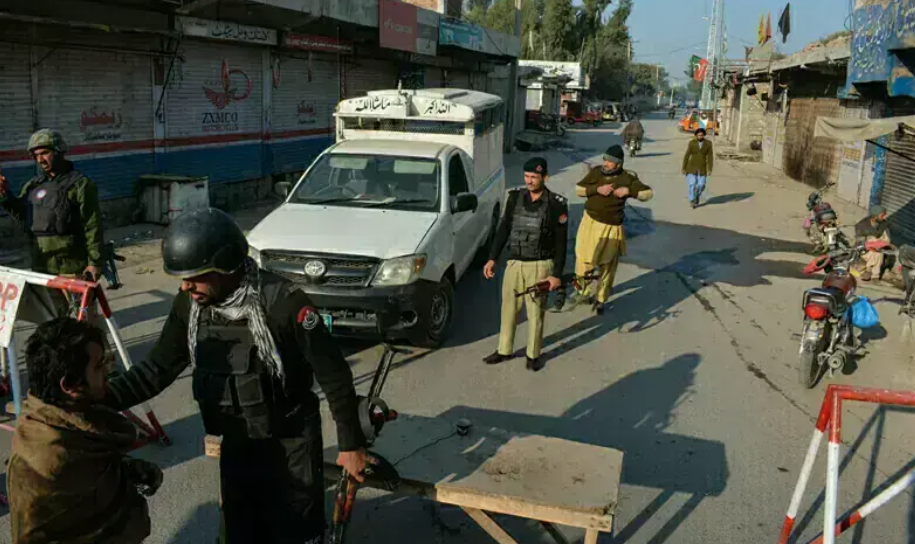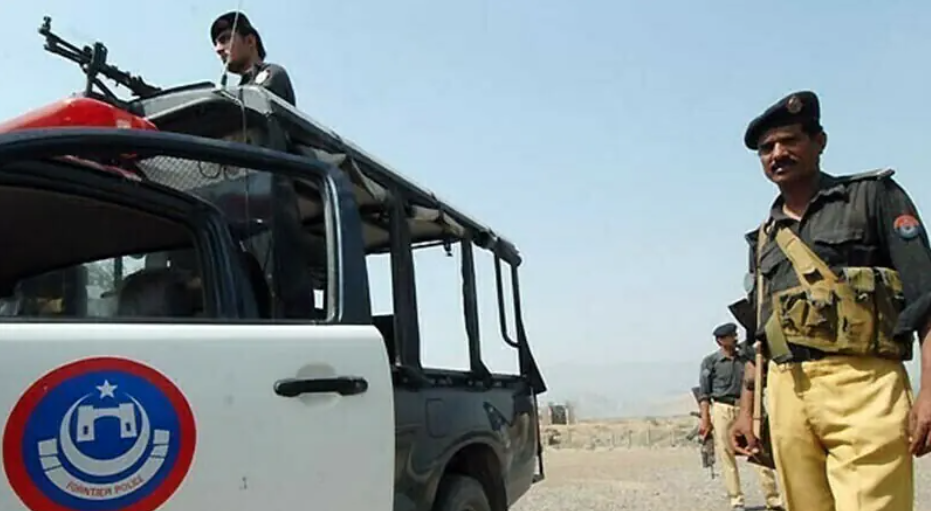MILITARY
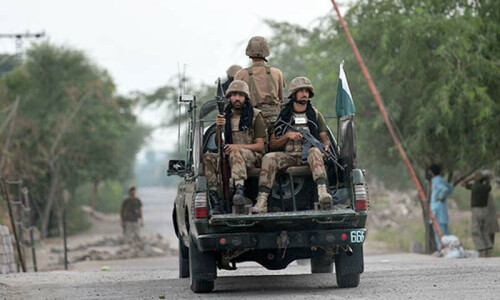
A recent series of security reports paint a mixed picture of Pakistan's internal security dynamics. The month of September 2024 saw a 7% reduction in militant attacks compared to August, according to the Pakistan Institute for Conflict and Security Studies (PICSS). However, despite the slight drop in the number of attacks, the overall security situation remains precarious due to a sharp increase in fatalities.
Reports released by both the Conflict and Security Studies (PICSS) and the Centre for Research and Security Studies (CRSS) indicate a worrying trend in the third quarter of 2024, with a 90% surge in violence-related deaths.
According to PICSS, militants carried out 77 attacks across Pakistan in September, resulting in 77 fatalities, including 38 security personnel, 23 civilians, and 16 militants. Additionally, 132 people were injured, with civilians and security forces being the primary targets.
Khyber Pakhtunkhwa (KP) remains the epicenter of militant activity, accounting for the majority of the violence. The province saw 47 attacks in September, leading to 54 deaths and 79 injuries. The former Federally Administered Tribal Areas (FATA), now merged into KP, were hit particularly hard, with 26 attacks claiming 37 lives and injuring 70. Meanwhile, mainland KP witnessed 21 attacks that caused 17 deaths and 9 injuries, showing little change from August.
Balochistan experienced a notable reduction in militant attacks following a violent August. The province saw 27 attacks in September, resulting in 22 deaths and 48 injuries, marking a decline from the 43 attacks and 125 fatalities reported the previous month. While this decrease offers some hope, the overall situation remains tense.
The CRSS report highlights a concerning trend in the third quarter, with 722 people killed and 615 injured in 328 incidents. Nearly 97% of these fatalities occurred in KP and Balochistan, regions that have borne the brunt of militant violence. The surge in attacks has pushed the total fatalities in the first three quarters of 2024 to 1,534, surpassing the total deaths recorded in 2023.
Despite continuous counter-terrorism operations by Pakistan's security forces, with an average of 112 intelligence-based operations (IBOs) daily, the state's control over vast areas of KP and Balochistan appears to be weakening. Civilians and security personnel continue to suffer heavy losses, sparking growing outrage among political leaders, the public, and even law enforcement officials. This dissatisfaction has been particularly visible in districts like Lakki Marwat, Bannu, and Swat, where local police have openly expressed frustration with the military’s counter-terror efforts.
The resurgence of militant groups, including the banned Tehreek-i-Taliban Pakistan (TTP), poses a severe threat. Unverified reports suggest that the number of groups aligned with the TTP has grown to 60, with the recent addition of militants from Lashkar-i-Jhangvi’s Naeem Bukhari group based in Karachi.
While Punjab and Sindh have witnessed a decline in militant activity, KP and Balochistan continue to see dramatic increases in violence, with 77% and 159% respective rises. This troubling development underscores the need for a more coordinated and effective counter-terrorism strategy to restore peace and security in the most affected regions.
